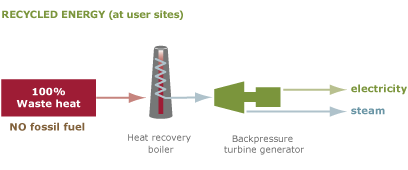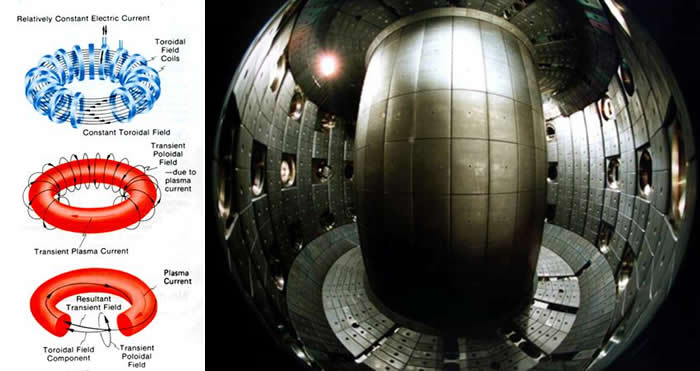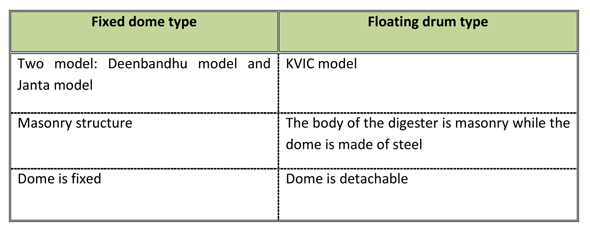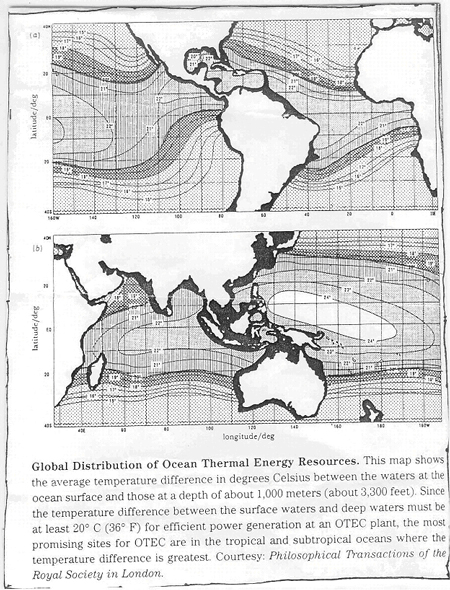New in Cold Nuclear Fusion
Today we know that not only the first isotope of hydrogen (deuterium) produces fusion energy, but also the second (heavy) isotope of hydrogen (tritium) can produce energy by nuclear fusion.
Osaka - The City of Green Technologies
The Environmental Governance approach of Osaka is exemplary for the developing Asian cities who are trying to balance development and sustainability.
Reflections from Breakthrough Marine Energy Trials
The marine power plant Deep Green has now been producing electricity for more than a year, and Minesto's founder and CEO Anders Jansson shares his experiences from the trials in this article.
DIY Projects for Alternative Energy Savings
The average U.S. household spends about $5,500 a year on energy. By using less energy, we not only save money, but we also save precious natural resources and cut down on pollution.
The Benefits of Converting Waste Heat to Power
Waste heat to electricity uses less fuel to produce a given energy output, and avoids transmission and distribution losses that occur when electricity travels over power lines. It also decreases the impact of outages when the power grid goes down.
Tidal Energy Overview
People are becoming aware of the importance of ocean energy, which will lead to a new era of alternative energy. Because of this knowledge, tidal energy has great potential and bright prospects in future.
Nuclear Fusion
Research into controlled fusion, with the aim of producing fusion power for the production of electricity, has been conducted for over 60 years. It has been accompanied by extreme scientific and technological difficulties, but has resulted in progress. At present, controlled fusion reactions have been unable to produce break-even (self-sustaining) controlled fusion reactions. Workable designs for a reactor that theoretically will deliver ten times more fusion energy than the amount needed to heat up plasma to required temperatures (see ITER) were originally scheduled to be operational in 2018, however this has been delayed and a new date has not been stated.
Energy through Hydrogen
In many ways, hydrogen is the perfect fuel. It's abundant, efficient and produces no emissions when used in a fuel cell. It can be produced from renewable resources and is not a greenhouse gas. Because hydrogen power is environmentally friendly and non-toxic to use, industry should accelerate research so that this renewable resource may be used in the near future.
Global Small Hydro Projects in Development
The advantages of generating electricity from small hydropower coupled with a rising interest in the sector has led to increased government support policies which will derive installations in many countries in the years to come. Cumulative installed capacity of small hydropower is expected to reach 140 GW in 2015 and 201 GW in 2020.
Alternative Energy Issues in Cameroon
ORGANIZATION FOR INTEGRATED RURAL DEVELOPMENT (ORIRUDEV) is a Service Organization created in 1998 in the Republic of Cameroon. ORIRUDEV has long standing years of working experience in the domain of Rural infrastructures, Environmental Protection and Renewable Energy. ORIRUDEV contributes to improve rural livelihoods through making available, affordable, environmentally sound, basic electricity services from renewable energy (solar, hydro, wind).
Studies on Lignin Substitute for Diesel Fuels
Lignin as a substitute for diesel fuel is derivative waste from agricultural and forestry production, which does not need any dedicated cultivation and is regenerated at a rate of 50 billion tons per year on the Earth. Therefore, lignin does not have resource supplies constraint or cost concern. Taken into account cellulose pulp as a byproduct in lignin production, the actual cost of lignin is almost zero.
Wireless Technology for a Secure Smart Grid
As the need for reliable, real-time data communication in mission-critical SCADA systems continues to increase for monitoring and control distribution automation as part of the "Smart Grid," electric power utilities are looking for new and better ways to improve their communication infrastructure, making it more reliable and secure.
Significance of Anaerobic Digestion in Rural India
Every year, several large and small farmers in major agricultural states of India burn the crop residues after harvesting. However, it is possible to transform this waste into a valuable resource by making use of modern energy conversion technologies.
Resolving the World Energy Need - Ocean Energy Thermal Conversion
During a vacation trip to the Disney World, I saw the Exxon-Mobile energy presentation. The presentation includes a portion in the form of the Jeopardy game. For the final question in the Jeopardy game, the answer is "The solution to the future energy need." The correct question is "What is brain power?"
Renewable Energy Production from Tannery Wastes
The conventional leather tanning technology is highly polluting as it produces large amounts of organic and chemical pollutants. Wastes generated by the leather processing industries pose a major challenge to the environment. According to conservative estimates, about 600,000 tons per year of solid waste are generated worldwide by leather industry and approximately 40-50% of the hides are lost to shavings and trimmings. Everyday a huge quantity of solid waste, including trimmings of finished leather, shaving dusts, hair, fleshing, trimming of raw hides and skins, are being produced from the industries. Chromium, sulphur, oils and noxious gas (methane, ammonia, and hydrogen sulphide) are the elements of liquid, gas and solid waste of tannery industries.
Records 1 to 15 of 25
Featured Product

Vecoplan - Planning and implementation of complete processing plants in refuse derived fuel production
In order to reduce the costs involved in the energy-intensive production of cement, many manufacturers are turning to refuse-derived fuels (RDF), considerably reducing the proportion of expensive primary fuels they would normally use. Solid fuels are being increasingly used - these might be used tyres, waste wood or mixtures of plastics, paper, composite materials and textiles. Vecoplan provides operators of cement plants with proven and robust components for conveying the material and separating iron and impurities, efficient receiving stations, storage systems and, of course, efficient shredders for an output in various qualities.









.jpg)




